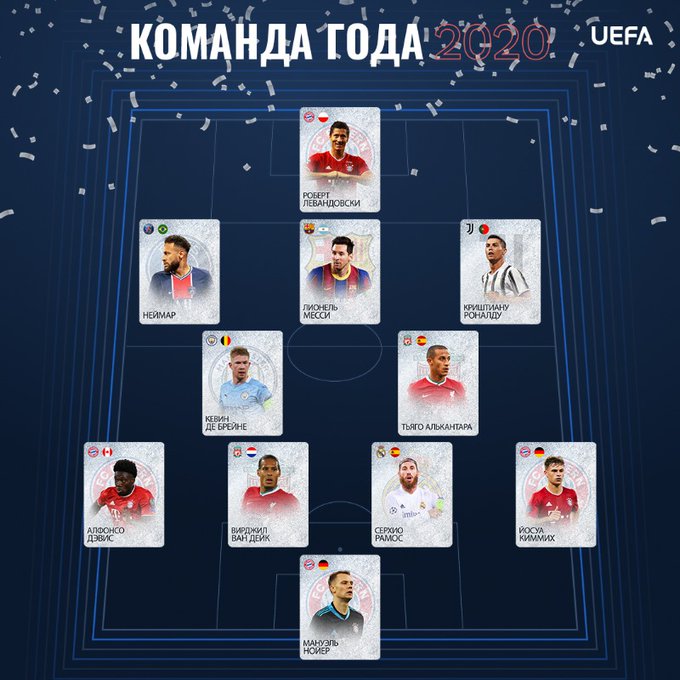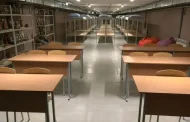Kiev. Ukraine. Ukraine Gate – January 21, 2021 – Education
The new requirements came into force on January 1, 2021. Instead, the state sanitary rules and regulations developed 20 years ago cease to apply.
The new document provides for how to arrange the educational process in accordance with modern sanitary and hygienic standards – including household amenities. For example, from now on, school toilets should only be in the school premises, not on the street, and with opaque doors. They should have paper or electric towels, liquid soap, toilet paper. And on each floor in the bathrooms should be a specially equipped cabin for students with disabilities. It is also stated that students who live more than 2 kilometers away from an educational institution should be picked up (previously this was the case for children living more than 3 kilometers away). The air temperature in the classrooms should be at the level of 17 – 20 degrees Celsius.
- What other major changes does the new Sanitary Regulation provide for?
-
In general, the Sanitary Regulations are not revolutionary in comparison with the State Sanitary Rules and Norms, which were in force before January 1. The regulations detail certain requirements, – says the educational ombudsman Sergei Gorbachev. – For example, it is now forbidden to use electron-beam monitors during training, instead they should be liquid crystal. Sanitary regulations are adapted to training in a pandemic, so it sets standards for the duration of work with computer equipment. (Continuous work time for 1st grade students – no more than 10 minutes; for students of 2 – 4 classes – no more than 15 minutes; for students of 5th – 7th grades – no more than 20 minutes; for students of 8 – 9 classes – 20 – 25 minutes. In case of double classes for students of 10 – 11 (12) classes – no more than 25 – 30 minutes in the first class and no more than 15 – 20 minutes in the second class – Author.).
The regulations confirm the previous requirement that subjects that require the most concentration and mental effort should be taught from the 3rd to the 5th lesson, at the most productive time.
Specifies a list of about 20 harmful plants (hops, ragweed, black henbane, borschovyk, wisteria, Datura stramonium and others. – Ed.), Which can not grow on-site education.
- The document expands the requirements for food – in particular, added a list of products that are prohibited from selling in school cafeterias and vending machines, – says Honored Teacher of Ukraine Olesya Kalynych. – These are chips, crackers, popcorn, sausages, frankfurters, smoked and salted fish, some sweets … In the daily diet of students should be cereals, vegetables, fruits, berries and dairy products. Once a week, children should cook fish.
The list of products that are prohibited from being sold in school cafeterias and vending machines has been supplemented. These are chips, crackers, popcorn, sausages, frankfurters, smoked and salted fish, some sweets.
- What are the imperfections of the new requirements of the regulations?
Gorbachev:
- The document requires a huge number of related decisions. Mostly financial. It is necessary to envisage the procedure for allocating and using funds for the implementation of innovations, to lay in budgets, to approve, to hold tenders, to install new equipment.
I was also concerned about the requirement to teach elementary school only in the first shift. The requirement is correct and expedient. But to radically change the school schedule, the teacher’s schedule, to find additional premises in the middle of the year (if there are a lot of students in the school) is not just a big problem, but an almost unrealistic task.
- Kalinic:
- It is impossible to adjust something to new standards at once. For example, according to the new requirements, the distance between the wall and the desk should be at least 70 centimeters – so that students can walk comfortably. In my class, this distance is about 30 centimeters. To increase it, you need to make desks. But where will the students sit then? It is not clear.
-
Who will be responsible for compliance with the requirements of the Sanitary Regulations?
-
The head of the educational institution is responsible for the general observance of the requirements of the Sanitary Regulations. After all, he is the person who can be fined for non-compliance with sanitary norms, – says Rostislav Valovy, chief specialist of the Department of State Supervision of Sanitary Legislation of the State Food and Consumer Services of the region. – However, for violations of sanitary regulations, no legislative changes have yet been made regarding administrative sanctions.







